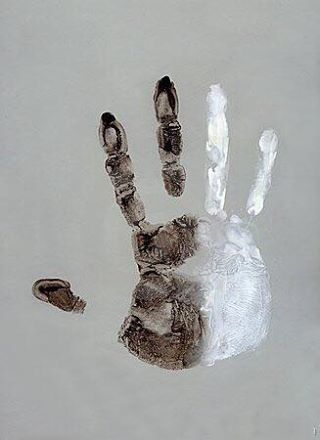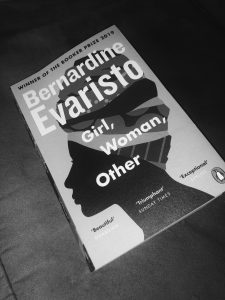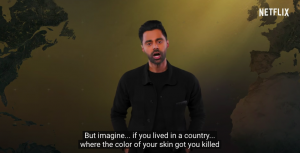
June 5, 2020, by Shweta
What I’m doing about the BLM movement
On May 25th, the horrendous murder of George Floyd in Minneapolis sparked national outrage culminating in protests nationally and across the globe. From the United States of America to New Zealand, the world came together to fight for equality. While the protests saw acute successes in Floyd’s case, the greater focus remained on the inbred racial injustices that run rampant in our society. The question remained, how do we maintain the momentum of anti-racism when the protests are over and the streets are clear? As a NBPOC (non-black person of colour) myself, I recognise the two sides of one very ugly coin; racism has marred my life, but my privileges have prevented the disproportionate effects that the black community have endured. I do believe that protests foster change. But I also believe that true solidarity extends beyond pointed efforts and social media activism, the latter of which often prioritises performance over commitment. Like many others, I have turned to self-education. With the world at your fingertips, knowledge is more accessible than it has ever been.
Growing up, I was blessed to live in a very safe country. I never feared for my life. Nobody should ever have to. My sanitised experiences of the world offered me a protective shield and in accepting my privilege, it is my duty to educate myself on the various perspectives that different lives, backgrounds and cultures have to offer. In my pursuit of a more holistic point of view, I turned to books, documentaries and movies. Here are some of my favourites. With COVID-19, many students, like myself, are spending copious amounts of time on Netflix and YouTube, making these creative media even more accessible.
Books:
- Girl, Woman, Other by Bernandine Evaristo: Through many short-stories, this book beautifully captures the intersectionality of race, sexuality and economic stratification in Britain. It offers a well-rounded insight into the lives of black woman spanning generations in Britain.
- Medical Bondage by Deirdre Owens: The medic in me found this detailing of the history of Obstetric and Gynaecological medicine extremely profound. Built upon racial stereotypes and maltreatment, the history of modern medicine is overwhelming and underestimated. Without giving too much away, all I will say is that Owens offers a history lesson like no other.
- I Know Why the Caged Bird Sings by Maya Angelou: While Angelou is a household name, much of her childhood is gravely underrated. Growing up in the throes of segregation, her biography offers perspective that younger generations won’t have, but desperately need.
Documentaries/Movies:
- Dear White People: This Netflix show offers a comedic portrayal of the escalating racial tension at an Ivy League university. Whilst fictitious, the experiences of the main cast are far from a fantasy. ‘Dear White People’ gives today’s youth a looking glass into the experiences of many black students, possibly even your friends.
- 13th by Ava Duvernay: A popular Netflix documentary, 13th explored the history of racial inequality in prison systems and judicial happenings in the United States. We may be across the ocean, but racism spans the distance and in saying so, I think 13th is a thought-provoking foray into a dimension that unfortunately exists in many countries.
- We Cannot Stay Silent About George Floyd: This 12-minute piece by comedian and show host, Hasan Minhaj, has already gathered 2.4 million views (in one day!) on YouTube, and for good reason! It is a must-watch piece, particularly for NBPOC, and focusses on the fine line between relatable camaraderie and an inappropriate co-opting of an asymmetrical struggle.
And this isn’t even near an exhaustive list! There are so many ways to educate yourself and few excuses to not do so, especially with many of us staying home and away from busy university schedules. Have cathartically open conversations with your family. Read about the BLM movement. Learn more about British history and the role it has played in colonialism and racism. And never stop fighting for what is right.
Earlier this week, Floyd’s 6-year old daughter proudly proclaimed that “[her] daddy changed the world”. Show that little girl that she’s right by fostering change in whatever little way you can.
Until next time,
Shweta
No comments yet, fill out a comment to be the first



Leave a Reply